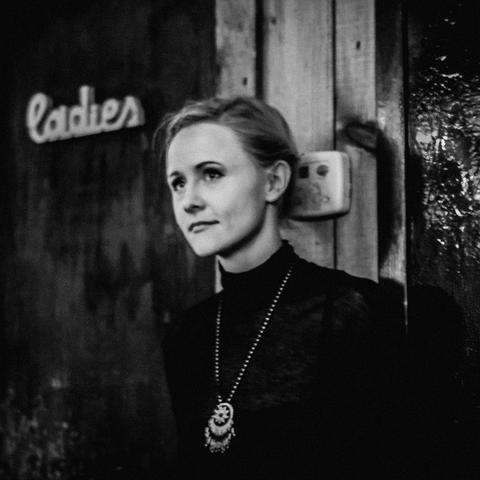Section Branding
Header Content
Unravelling The AJC's Defamation Claim Against 'Richard Jewell'
Primary Content
On Second Thought aired a special broadcast about the story of how Richard Jewell's life changed when The Atlanta-Journal Constitution published his name as the primary suspect in the 1996 bombings at Atlanta's Centennial Olympic Park.
In that audio documentary, we learn about how Jewell's legal team sued The Atlanta-Journal Constitution — along with other news organizations — for defamation. The AJC fought the suit, and eventually won. Now, the paper is disputing how it is being portrayed in the film Richard Jewell, which hit theaters Friday.
'On Second Thought' host Virginia Prescott speaks with Michael Chaney and William Lee.
In a letter to Warner Bros., director Clint Eastwood, screenwriter Billy Ray and other parties, attorneys for The AJC claim that the movie depicts the newspaper in a "false and defamatory manner" and wrongly portrays reporter Kathy Scruggs trading sex for information from an FBI agent.
The depiction of Scruggs in particular has kicked up a whole lot of dust in the mediasphere, and opinions on Eastwood's movie have taken on a partisan cast.
William Lee is a professor of journalism at the Grady College of Journalism and Mass Communication at the University of Georgia. He joined On Second Thought to talk about the recent controversy, including the parallels — and differences — with Jewell's own defamation claims. Michael Chaney, professor of film and television at the Savannah College of Art and Design, also joined the conversation.
Get in touch with us.
Twitter: @OSTTalk
Facebook: OnSecondThought
Email: OnSecondThought@gpb.org
Phone: 404-500-9457




